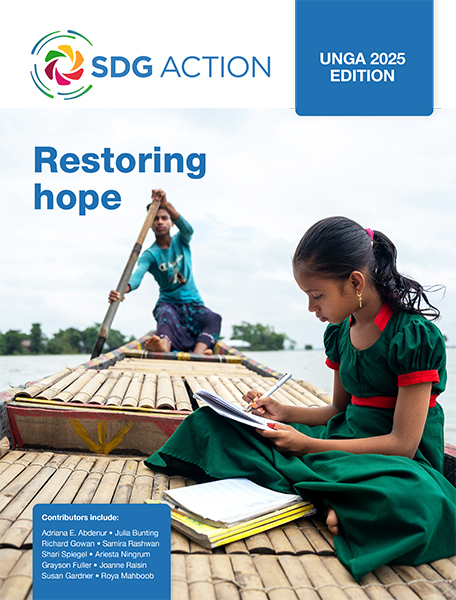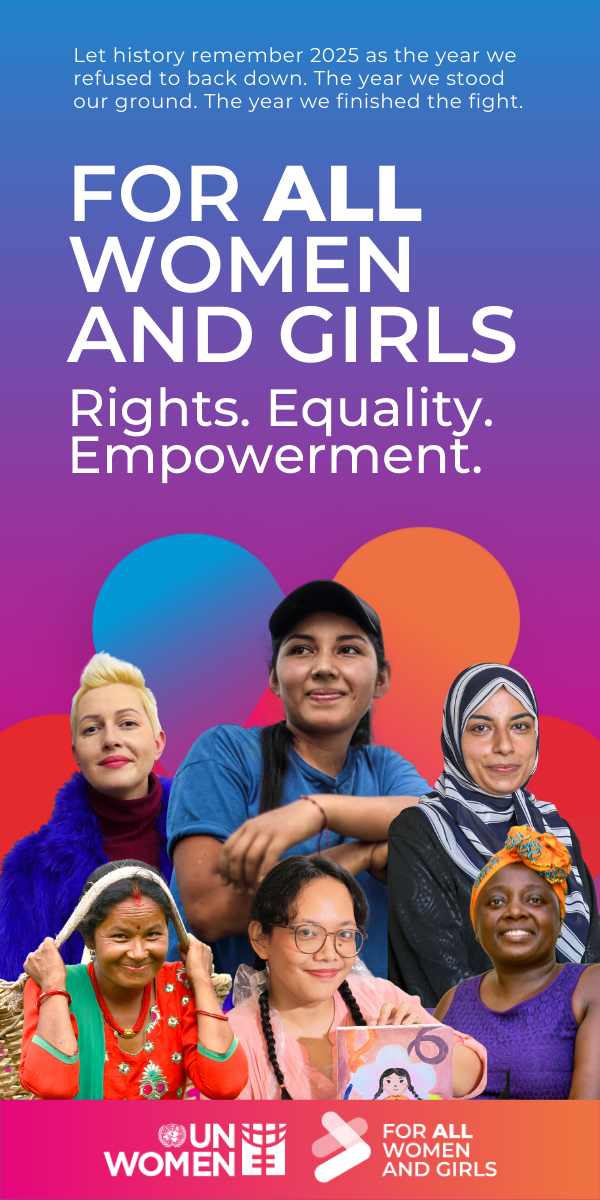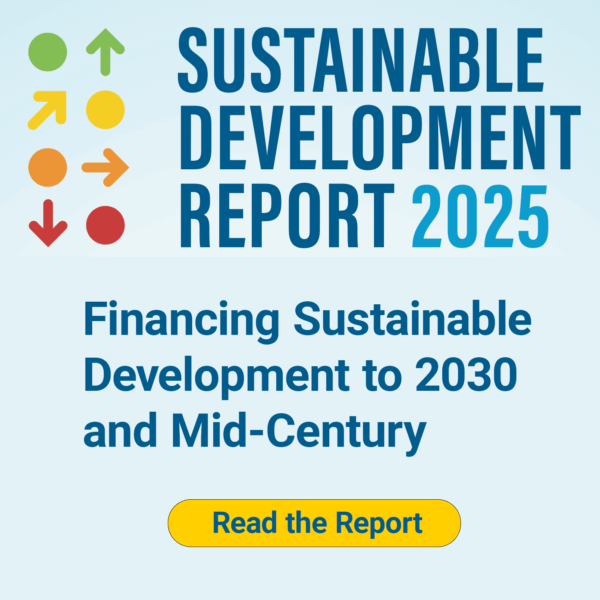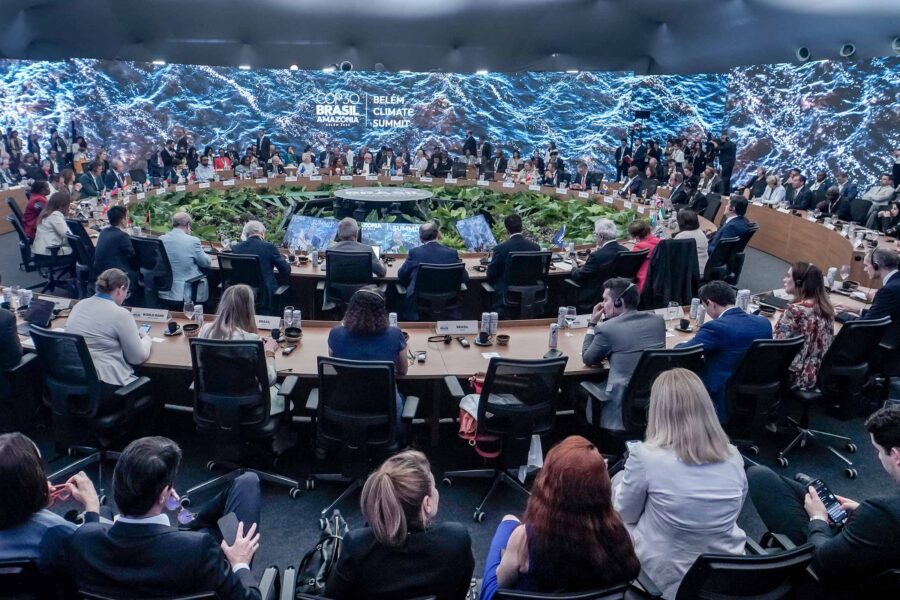Resourcing Africa’s future: fairness at the core
Africa holds some of the world’s richest reserves of transition minerals, from cobalt and copper to lithium and platinum. To prevent the green revolution from becoming just another chapter of exploitation, African leaders and global partners must insist on value creation at home
Extractive and land resources — Sub-Saharan Africa
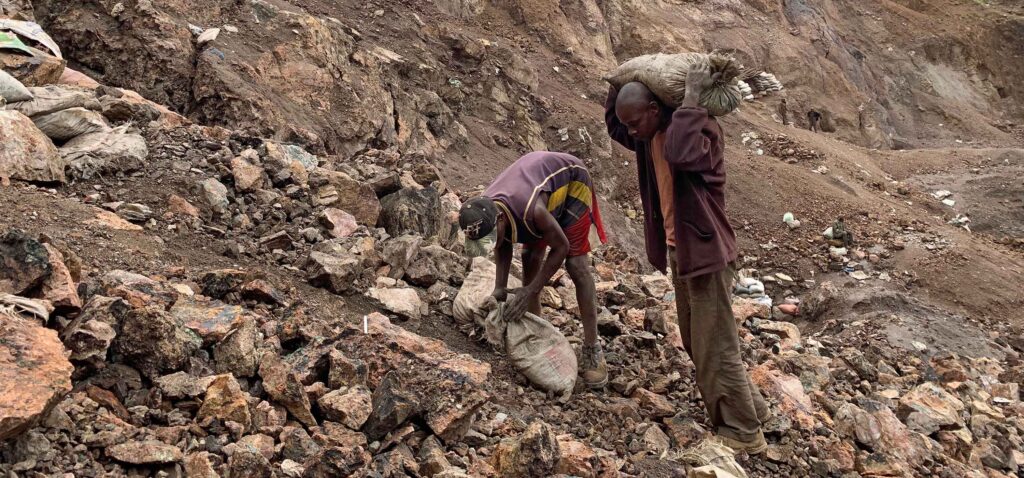
In the copper belt of the Democratic Republic of the Congo, people work 12-hour shifts in sweltering heat, prying cobalt from the ground – cobalt that will power electric vehicles in Oslo, San Francisco, and Shanghai. The profits travel swiftly across borders, enriching multinational firms and distant treasuries. In nearby villages, there is no electricity.
Africa holds nearly a third of the world’s mineral reserves. From the platinum of South Africa to the bauxite of Guinea and the lithium of Zimbabwe, these critical resources are the foundation of the global clean energy transition. Yet too often, the countries that own them remain at the margins of the value chain. Contracts are opaque, royalties are low, and environmental and social protections are inconsistently enforced. This imbalance isn’t accidental – it is the legacy of a deeply unequal global system.
Unless African leaders insist on more equitable terms, the clean, or green, transition risks becoming yet another extractive chapter in a long history of external exploitation. The minerals may have changed – from gold and diamonds to cobalt and lithium – but the structural dynamics of extraction remain stubbornly familiar. Raw materials are shipped abroad, profits are captured elsewhere, while environmental and social costs stay in Africa.
From extraction to value creation
To address this, a paradigm shift is needed. African countries must move from being raw material exporters to value creators. Domestic beneficiation, fair taxation, and investment in local processing industries are essential. Transparent contracts, enforceable environmental obligations, and revenue-sharing models that benefit local communities must become non-negotiable. Without safeguards, sustainability in the Global North risks embedding unsustainable structures in the Global South.
Whenever contracts are hidden from public oversight, the risk of corruption increases sharply. The International Energy Agency’s Global Critical Minerals Outlook 2025 warns these resources have become a frontline issue for global energy and economic security. As competition intensifies, transparency and balance are often sacrificed, leaving little space for oversight or long-term planning.
Consider the Democratic Republic of the Congo, which the Cobalt Institute estimates supplied about three-quarters of global cobalt in 2024 (see Cobalt Market Report 2024). You might expect the country to be wealthy. Yet, as the Natural Resource Governance Institute notes in its Sustainable Drive, Sustainable Supply report, most Congolese copper-cobalt output is processed only to cobalt hydroxide before being exported, with profits captured abroad.
Zimbabwe shows a similar pattern. Between January and June 2025, according to Reuters, Zimbabwe exported about 586,000 tonnes of lithium concentrate, 30% more than in the same period of 2024. In response, the Ministry of Mines announced that from 2027, exports of unprocessed lithium will be banned, with major processing facilities planned so more value stays at home.
Namibia and South Africa illustrate the same challenge differently. Namibia produces about 11% of the world’s uranium, exporting it as yellowcake, while conversion and enrichment occur abroad. South Africa does refine its platinum group metals domestically, but most downstream manufacturing, such as catalysts for hydrogen fuel cells, still happens overseas, meaning the highest-value activities are captured elsewhere.
Attempts to remedy the resource curse
Across Africa, the problem is not a shortage of resources but a shortage of processing infrastructure. Too often, minerals are exported in raw form rather than leaving the continent with added value. Economists describe this paradox as the “resource curse,” a term coined in the 1990s to capture how nations with abundant wealth often grow more slowly, struggle with inequality, and face governance challenges, while countries with fewer resources frequently prosper. For the Global North, securing supply is not enough – sustainability must be shared, not outsourced.
In response, several frameworks have emerged. At the continental level, the African Union’s African Mining Vision (2009) urged that mineral wealth drive industrialization. The African Continental Free Trade Area (AfCFTA, 2021) seeks to harmonize standards and strengthen bargaining power. The international community also has a role to play. Transition minerals are not just commodities – they are conduits for global sustainability. The Organisation for Economic Co-operation and Development’s Due Diligence Guidance for Responsible Business Conduct and the UN’s Guiding Principles on Business and Human Rights encourage more responsible corporate behavior. And in 2024, the UN Secretary-General convened a Panel on Critical Energy Transition Minerals to build trust and ensure equity, transparency, and sustainability.
These initiatives mark progress toward fairer partnerships, but their voluntary nature can limit impact. To be truly transformative, they must go beyond signaling and deliver binding, equitable outcomes.
Four priorities for a just transition
So, what is needed? Four priorities stand out:
1. Transparency
Corruption thrives when mining contracts are hidden, with benefits captured by elites. Making contracts public allows citizens to scrutinize terms and hold leaders accountable. Civil society organizations are central to this effort. Countries like Ghana and Liberia are leading by example through the Extractive Industries Transparency Initiative, demonstrating how openness can build trust and set the stage for sustainable, equitable growth.
2. Value addition
Minerals should not leave the continent unprocessed. Value must be created at home through industries, infrastructure, and skills. This increases revenues and generates jobs. Chile offers a precedent: it exports lithium carbonate rather than raw ore. Zimbabwe could pursue a similar path.
3. Collective bargaining
Acting collectively, African states wield far more leverage than in isolation. Through AfCFTA and regional solidarity, they could demand fairer prices, establish continent-wide royalties, and enforce common standards for labor and environmental protection.
4. Community benefits
Mineral wealth must translate into tangible benefits: schools, clean water, roads, and sustainable livelihoods. Companies have a responsibility to share profits, restore the environment, and train local workers with skills that outlast the mines themselves.
Aligning with the Global Goals
These strategies directly support multiple Sustainable Development Goals (SDGs). Local processing advances SDG 9 (industry, innovation, and infrastructure) and SDG 8 (decent work and economic growth). Revenue-sharing and community investment contribute to SDG 10 (reduced inequalities) and SDG 1 (no poverty). Responsible resource management reinforces SDG 12 (responsible consumption and production) and SDG 13 (climate action). At the foundation is SDG 17, which calls for fair, transparent, and mutually beneficial international cooperation.
Ultimately, a just transition in Africa will not be delivered by development assistance or climate finance alone. It requires a fundamental rethinking of global economic rules and a recognition that Africa is not merely a source of raw materials but a partner in shaping the world’s sustainable future. The path from extraction to equity begins with a new generation of fair, transparent, and future-facing partnerships.
The authors have submitted this article in their personal capacities.
Featured in:
UNGA 2025 edition: Restoring hope
An effective multilateral response is needed for an ever increasing number of crises. At the same time, the UN – the heart of the multilateral system for 80 years – is under attack from nations trying to defund and disempower it. Radical reform is clearly needed. Whatever form that takes, it should be guided by and designed to support the SDGs.
This edition considers the impacts of inequality and conflict, and explores ways to build a fairer, safer future through education, technology, economic development and global partnerships.
Authors include Adriana E. Abdenur, Julia Bunting, Richard Gowan, Samira Rashwan, Shari Spiegel, Ariesta Ningrum, Grayson Fuller, Joanne Raisin, Susan Gardner and Roya Mahboob.
Publication date: 22 September 2025

